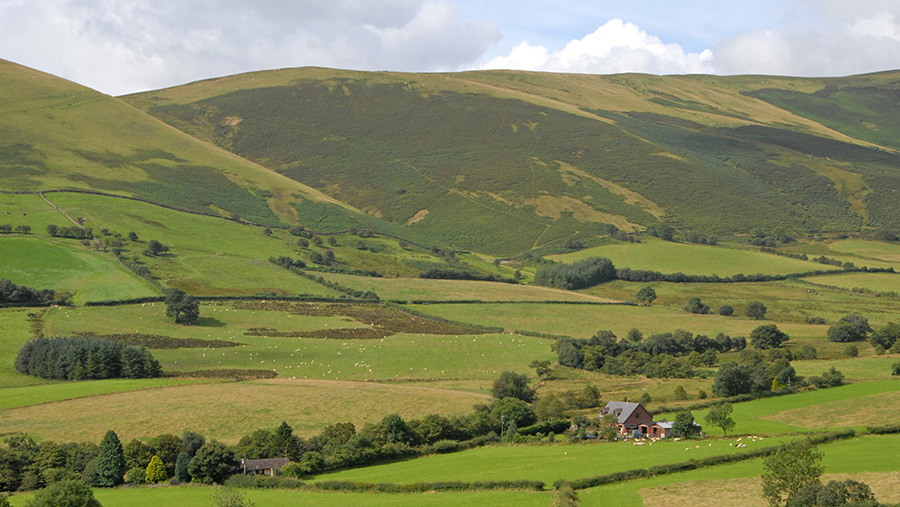OFC 2016: Reform farmland classification system, say surveyors
 ©Nick Spurling/FLPA/ImageBroker/Rex Shutterstock
©Nick Spurling/FLPA/ImageBroker/Rex Shutterstock Farmers could benefit from a revised classification system that reflected the environmental qualities of farmland – not just its ability to produce food, say surveyors.
Farmland is currently graded according to its agricultural potential. But the Royal Institution of Chartered Surveyors (Rics) say the classification system is outdated and should be reformed.
Grades 1, 2 and 3a cover the best and most versatile land, with Grades 4 and 5 described as poor and very poor quality agricultural land.
See also: Farmland set to be cheaper in 2020 – Savills
But the Rics says the system should be reformed because it is based largely on the suitability of farmland to produce crops and doesn’t take other qualities into account.
The recommendation is contained in a Rics rural policy paper launched during a fringe meeting at the Oxford Farming Conference on Tuesday (5 January).
As well as its productive potential, it suggests land should be classified according to its ability to increase tourism, produce energy, become a flood defence, sequester carbon or provide housing.
“How land is managed and what it produces is at the heart of the economy and society,” says the document.
“We are making increasing demands on this land – requiring it to do more for us, resulting in more complex decision-making through land use planning.
“The ability to deliver more than just its agricultural potential and its ability to deliver multiple benefits simultaneously adds to its value and versatility.”
The proposal would result in a more sophisticated land assessment, said chartered surveyor Sue Steer, chairman of the Rics countryside policy panel.
“It would retain the well-understood approach that is in place now – but adapt it to a system that recognises the versatility of land rather than purely its productive ability.”
